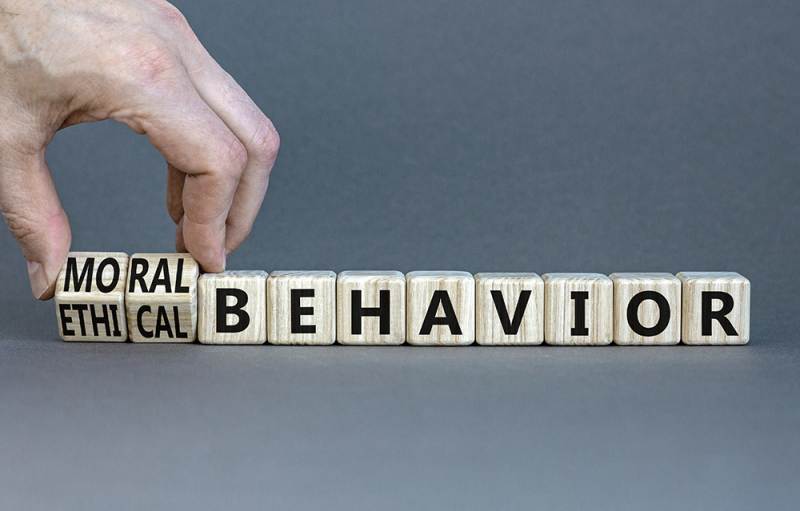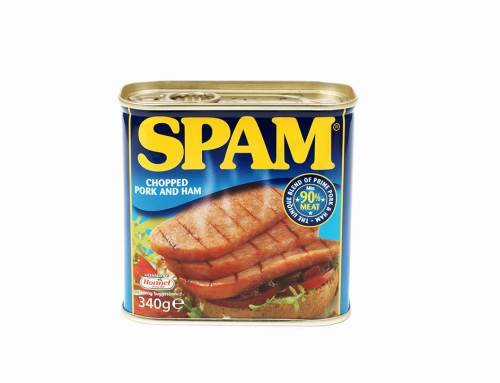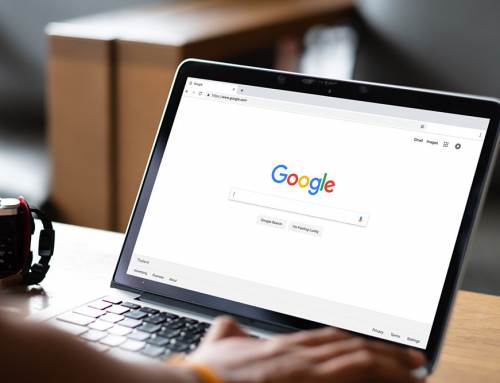What is Ethical SEO and Why You Should Use It is a fairly broad statement but in this post we will try to explain the general principles of what constitutes ethical SEO, what we ourselves consider ethical in terms of Ethical Search Engine Optimisation and why you should employ said ethical techniques and practices through your own DIY SEO, or through anyone else doing your Search Engine Optimisation for you.
So What is Ethical SEO?
In general, the consensus of what constitutes SEO that is ethical is when you use SEO techniques that do no harm throughout the process and are in the best interests of all parties and stakeholders involved, from the engaging client and their partners and/or suppliers, the SEO practitioner doing the work, through to the end user and visitors to the clients website.
This broadly means not using content that is clickbait, copied, plagiarised, spammy, keyword stuffed and which contains hidden links and amongst other principles is not harmful to the clients SEO efforts or those persons reading the content in that the content is not misleading.
Then, once you have good, honest, relevant, unique and engaging content that lives up to your clients brand and their target audiences expectations that you (as the search expert) dont then employ poor SEO techniques that would be considered questionable to the stakeholders involved. This should also include the biggest influencer and gatekeeper to your search rankings, namely Google.
The Golden Google Rule for any search optimiser is to create content and promote that content that follows Googles best practice guidelines.
Circumvent those guidelines at your own peril as you risk losing rankings for each and every page you have cut corners on.
But should the cumulative circumvention of Googles best practice guidelines be considered enough to cross the line (that only Google knows where said line has been drawn) and you risk the removal of your entire site from the Search Engine Results Pages (ie SERPs).
What’s Makes Edible an ‘Ethical SEO’ Expert?
Edible have been developing client’s online presence since 2009 and today can still say that we have never incurred a ranking penalty for any of our clients.
Our approach is to do things the right way and manage our clients expectations in that good (ethical) SEO should be about steady and sustained ranking improvements. We show the client what is achievable within a given budget or monthly retainer and we explain how the rankings should improve over the coming months.
Cutting corners may well speed things up and get you the results a month or two quicker but in the long run, you only risk losing those results altogether when Google updates its ranking parameters (e.g Google’s Helpful Content System) to weed out those whom have cut corners and are trying to game the system.
Some headline numbers:
- Our SEO services have led to most clients gaining in excess of £1m in extra sales revenue per year outside of London and £1.3m in Greater London.
- As an example of how much content we create for our clients, to date we have written in excess of 2m words of content for kitchen client websites alone and a further 1m words in off site supporting content for link building purposes.
- As another example in the interiors industry, in which we have several clients, When representing clients who sell branded kitchens (e.g. Schuller, Hacker, Warendorf) we often outperform the actual manufacturers, brand owners and their agents for target keywords.
- Our oldest client came on board in 2009 and is still a client to this day.
The last point is a crucial point as it sums up our ‘ethical seo’ approach and our work ethic in that if we are delivering for a client and they are gaining new and profitable business, then who wants to say no to more of the same?
What is considered Unethical SEO?
Unethical SEO is generally referred to as “Black Hat” SEO and the term summarises an array of search engine optimisation techniques and strategies that go directly against the search engine’s guidelines and which are not in the best interests of the website being worked on, nor any stakeholders other than the Black Hat SEO provider.
Black Hat SEO techniques and strategies are often used to cut corners and manipulate the search engine results pages in your favour and this is usually done through exploiting loopholes that are yet to be discovered by Google.
Examples of Unethical SEO include but are not limited to:
Website Spam – Automated Content – Duplicated Content – Hidden Keywords – Keyword Stuffing – Too Many Redirects – Re-directs that hide the end website – Hidden Links – Unnatural Backlink Profile – Link Trading – Paid Links – Cloaking – Plagiarism – Use of PBNs
Why Should You Engage in Ethical SEO?
Whilst it maybe tempting to cut corners or to get search ranking results quicker, doing so will eventually get discovered and (as touched on above) depending on the level of your circumvention of Googles best practice guidelines, you can see anything from a ranking downgrade to removal of any of your webpages Google considers to be unsavoury.
However, if you have cut corners and used unethical SEO throughout your website then you risk your entire site being removed from Google’s Search Engine Results Pages (SERPs) altogether, banished to the proverbial Room 101, never to be seen again.
Every 90 days Google removes some 100m videos and some 5m channels from Youtube due to spam and misleading content and by far spam and misleading content account for the biggest purge of content from Google’s Youtube, at approx 95% of all removed content.
Google hasnt published any data on the precise number of websites it has delisted todate due to falling foul of its best practice guidelines.
But it made a statement in 2020 that in that year alone, Google had “…launched several algorithm updates that resulted in a 40% reduction of scammy results.”
The takeaway from this post is that by using unethical SEO to cut corners you expose yourself to a real and credible possibility that your website will suffer a de-ranking penalty from Google.
What Does Google Consider to be Ethical SEO?
Whilst every great marketer should create content that is relevant, engaging and unique, which serves the brand owners values but also answers to the search intent of those using Google the best, the following are some best practice areas that any half decent content creator and search optimiser should know:
- Let Google see your page the same way a user does.
- Create unique, accurate page titles.
- Accurate title links and snippets to best describe the pages content.
- Use the meta description tag to accurately summarise the content of your page.
- Use heading tags to emphasize important text.
- Add structured data markup.
The above are emplaned in greater detail by Google here; https://developers.google.com/search/docs/fundamentals/seo-starter-guide
A Statement from Google
“We cannot comment on the individual reasons a page may be removed. However, certain actions such as cloaking, writing text in such a way that it can be seen by search engines but not by users, or setting up pages/links with the sole purpose of fooling search engines may result in removal from our index.” (source)
Looking For a Google Ads, Paid Search and/or SEO Strategy Expert?
If you liked our post and are considering going a step further?
With Google Ads budgets in excess of £3m per year being managed with over 300% ROI, Edible Marketing is an Ethical SEO Consultant , Freelance SEO & PPC consultant with a wealth of experience across multiple industries.
We understand how Google Ads and Google Search works but more importantly we get to know your business, your products and services and we come up with a holistically focused plan of action to better understand your target audience and how best they might engage with your campaign.







